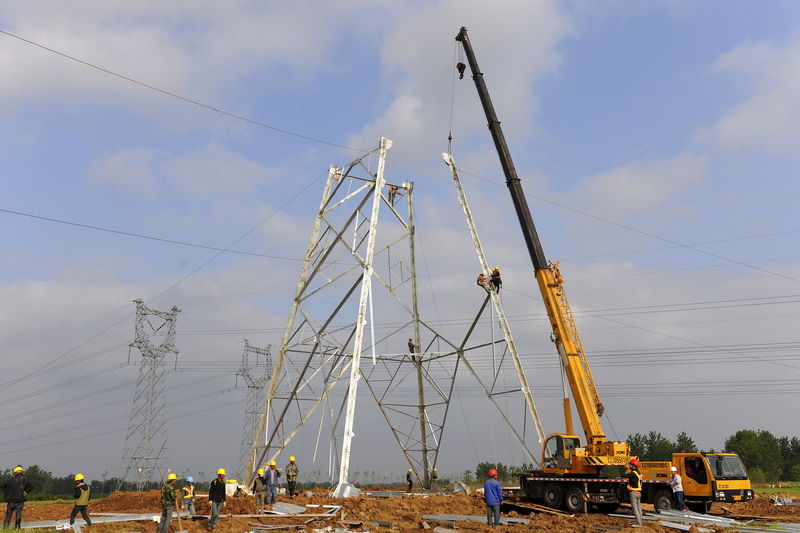By Gina Lee
Investing.com – Chinese industrial output continued to improve in April but retail sales missed forecasts, in an indication of a lag in consumer spending.
Data from the National Bureau of Statistics (NBS) released earlier in the day said that industrial production growth was 9.8% year-on-year in April, which matched the forecast prepared Investing.com but was lower than March’s 14.1%.
Meanwhile, retails sales increased 17.7% in April year-on-year, below both the 24.9% growth in forecasts prepared by Investing.com and March’s 34.2% growth.
“We did see that retail sales continued to disappoint,” Jian Chang, chief China economist at Barclays (LON:BARC) Plc told Bloomberg.
The drop is consistent with data over the week-long public holiday at the beginning of the month, which indicated people’s willingness to travel has recovered to pre-COVID-19 levels but actual spending was still lagging, she added.
Industrial output in China continued to improve as stimulus measures and accelerating vaccination rates boosted a global demand. However, the growth slowed in April due to supply shortage, rising raw material prices, as well as a push cut output to lower pollution in sections like steel and coal.
China's economy continued to improve in April but new problems are emerging, the NBS said in a statement alongside the data.
Top Chinese leaders have recently described the recovery as “unbalanced and unstable,” and pledged further efforts to boost domestic demand.
There is still a gap between actual and potential growth, indicating the economic recovery from COVID-19 still has a long way to go, NBS vice head Sheng Laiyun said earlier in the month.
The Chinese Communist Party’s Politburo warned in a meeting in April that China’s economic recovery was uneven and that its foundation was not yet solid. It also added that the government will promote manufacturing and private investment to recover as quickly as possible.
However, the party also pledged to gradually slow down the monetary and fiscal stimulus measures rolled out in 2020 during COVID-19, but with no sharp turn in policy.
